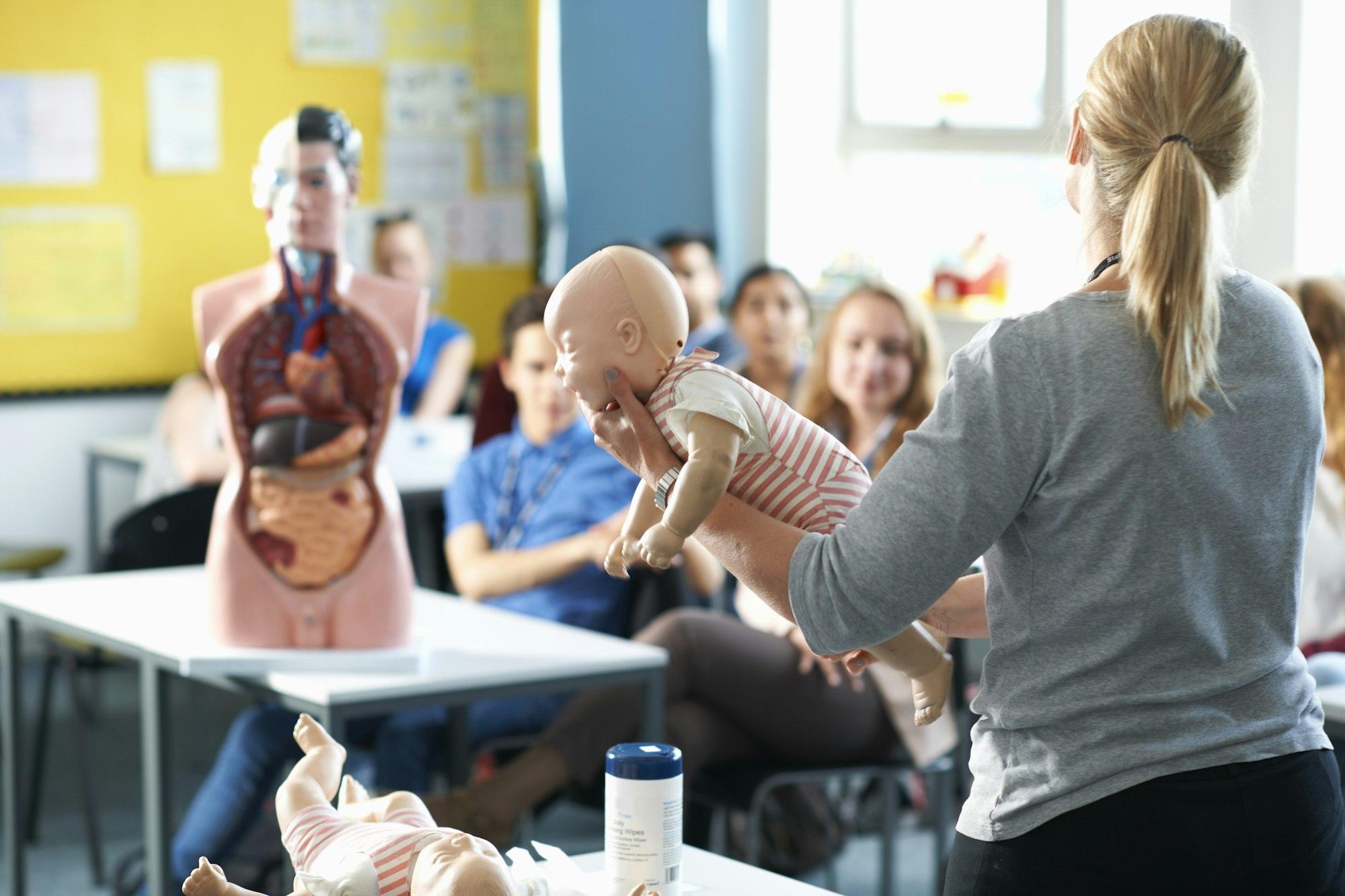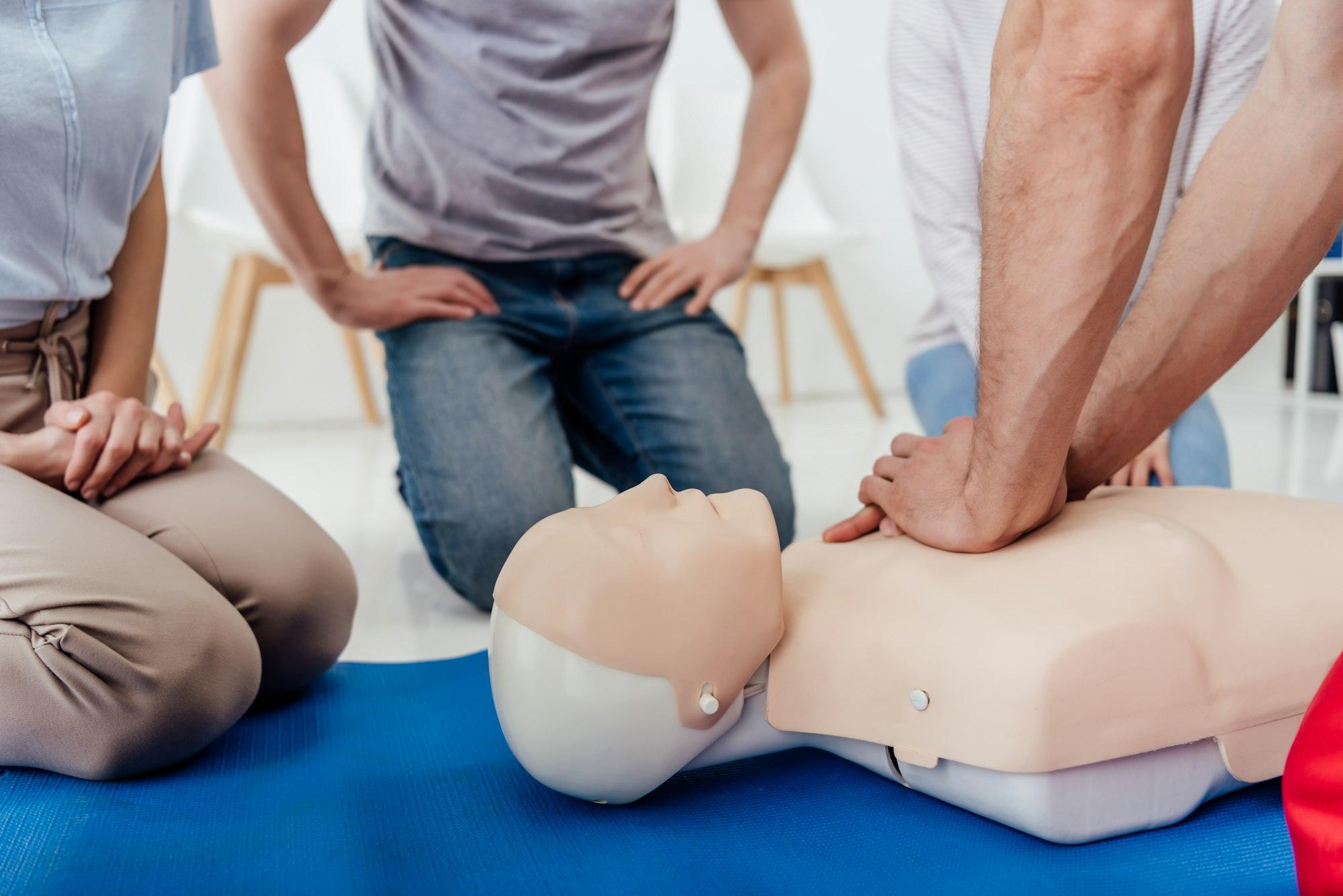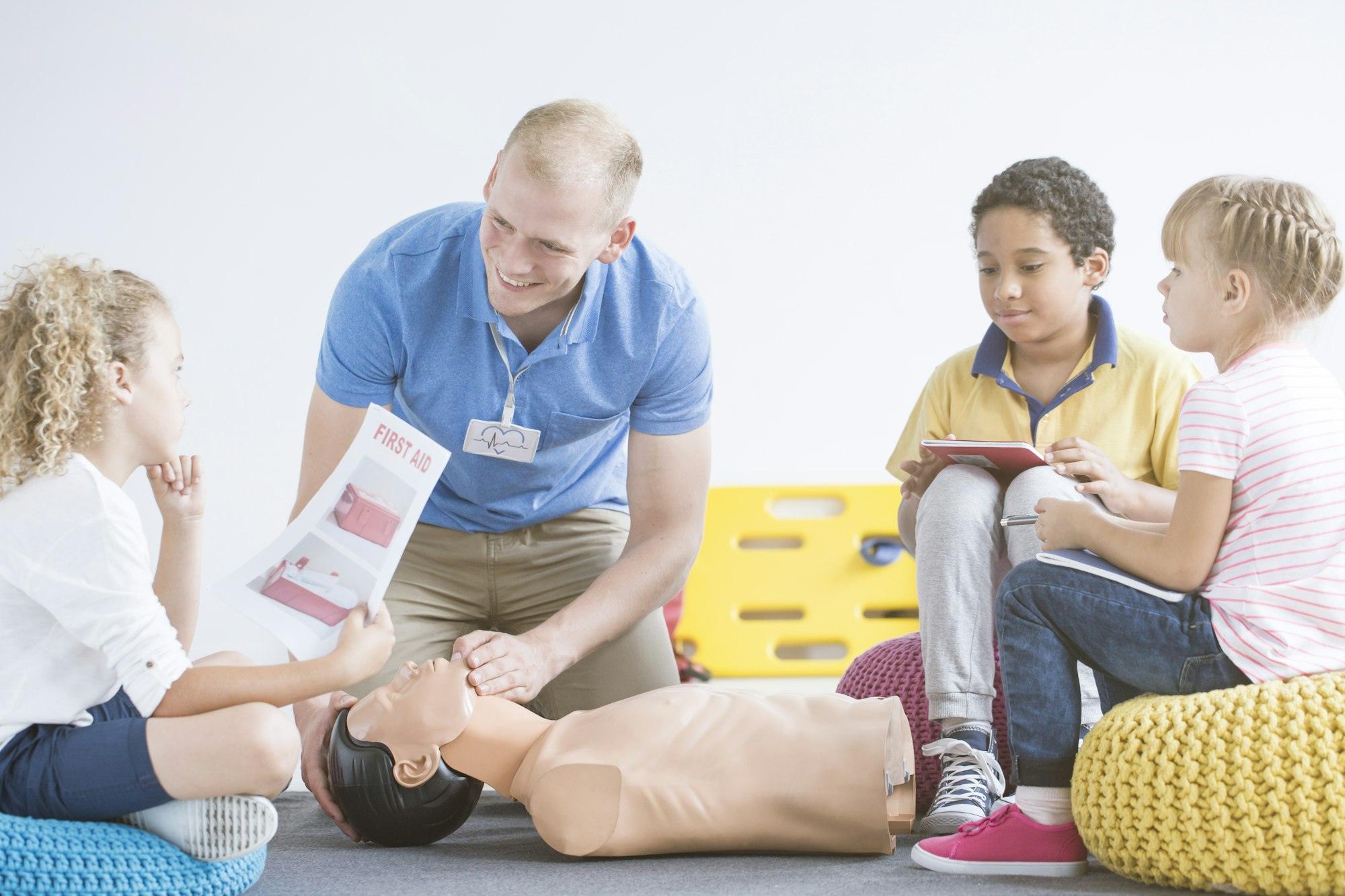
Mental Health
First Aid Mental Health Course
First Aid Mental Health Course – Bipolar is associated and influenced by daily demands, stress

First Aid Mental Health Course – Bipolar is associated and influenced by daily demands, stress

What is meant by the term Bipolar Disorder? Mental Health First Aid Bipolar is when

What is meant by the term Depression? Mental Health First Aid depression is a common

Mental Health First Aid Course What is meant by the term Phobia? Mental Health First

What is meant by ‘Mental Health’? Mental Health Awareness | First Aid. There are no

Lorem ipsum dolor sit amet consectetur adipiscing elit dolor







